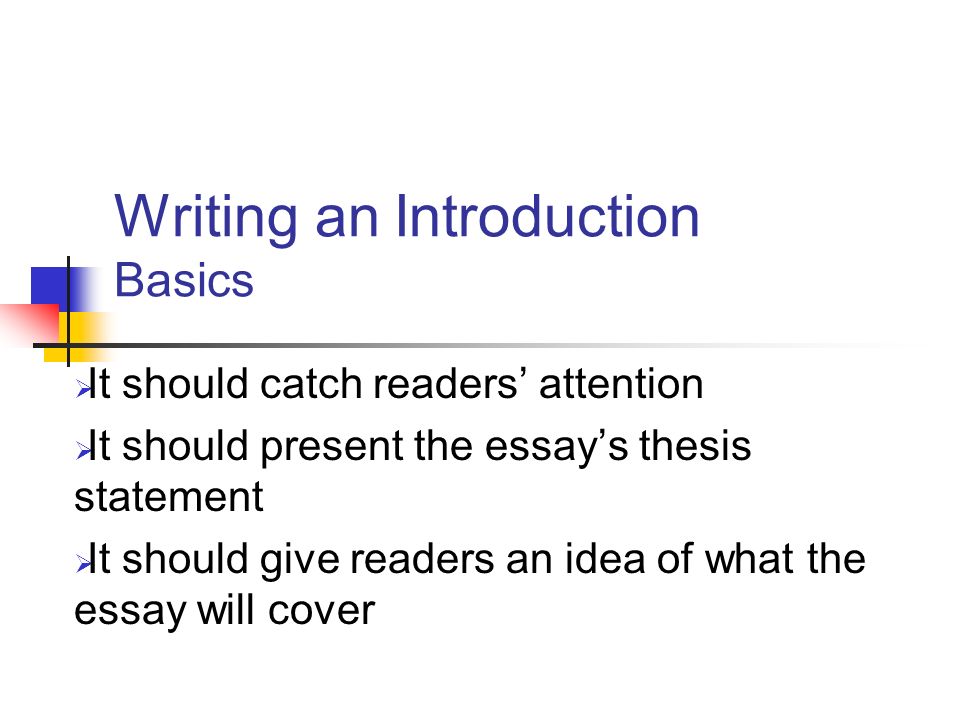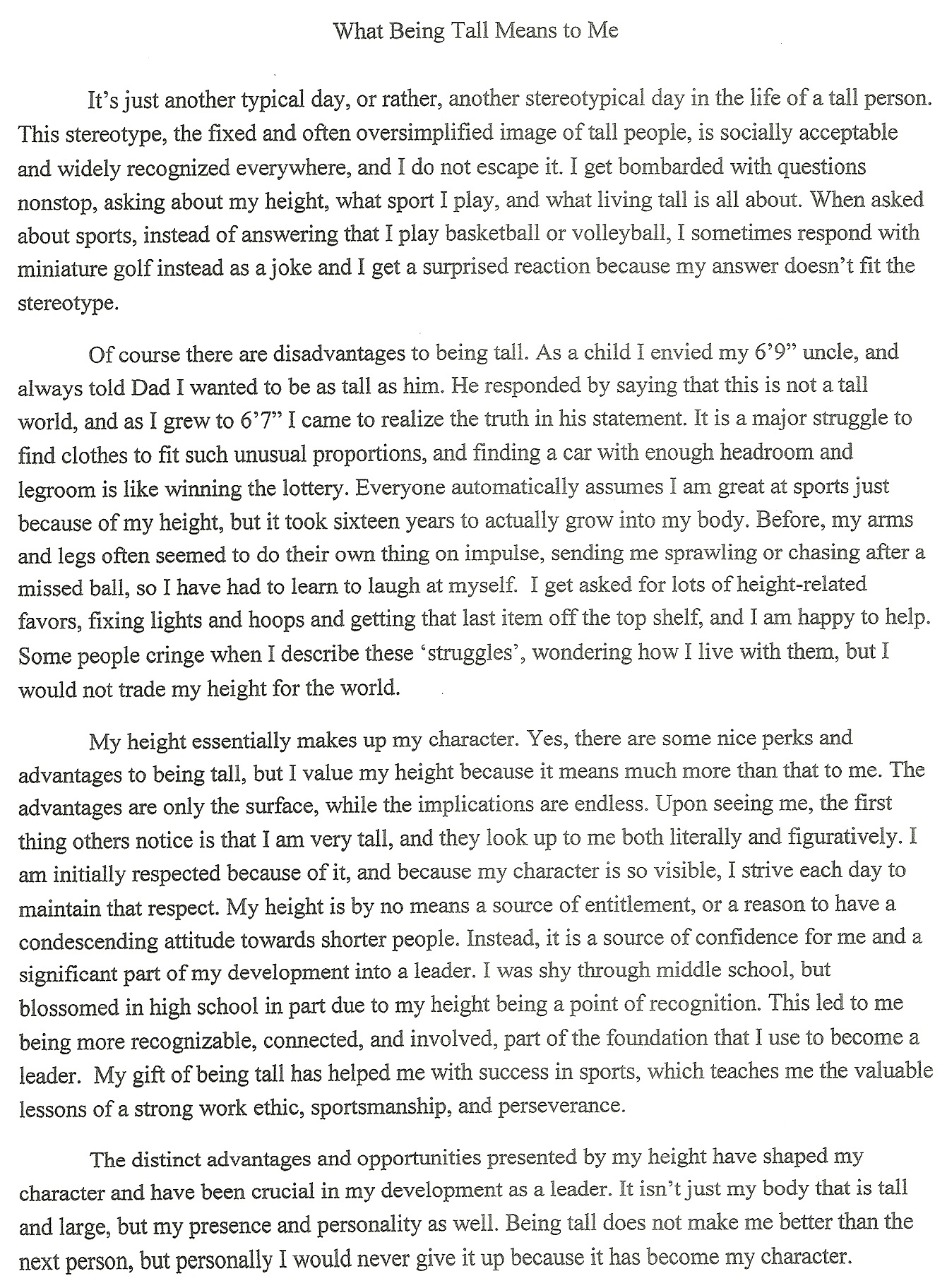Influence on Modern Theatre - EPIC THEATRE.
Alienation effect, also called a-effect or distancing effect, German Verfremdungseffekt or V-effekt, idea central to the dramatic theory of the German dramatist-director Bertolt Brecht. It involves the use of techniques designed to distance the audience from emotional involvement in the play through jolting reminders of the artificiality of the theatrical performance.Bertolt Brecht: The Epic Theorist Essay Sample. Bertolt Brecht was a poet, a playwright, and an influential leader of theatre in the 20th century. Berthold Brecht was born in East Germany in 1898. His first play, Baal, was written while Brecht was a medical student in Munich.The alienation effect first came in sight at the time of Bertolt Brecht who was a German leftist playwright and also a director. The only thing that is famous of his time was that the theater of his time, which is just the same as most Hollywood movies now, completely relied on emotional manipulation to bring about a sense of disbelief for the audience, along with an emotional identification.
Brecht's approach to epic theatre drew on the work of earlier director Erwin Piscator, as well as cabaret, Elizabethan history plays and new technologies of light and sound. Andrew Dickson explores how the rejection of naturalism, in the service of political ideals, underpins Brecht's plays, and considers the influence of Brecht's techniques on theatre today.The alienation effect was Brecht’s principle of using innovative theatrical techniques to “make the familiar strange” in order to provoke a social-critical audience response. Bertolt Brecht, 1920-1930s Germany. Bertolt Brecht, German leftist playwright and director, had nothing but disdain for the conventional, commercial “bourgeois.

Alienation effect is a term derived from the theoretical and theatrical practice of the German Marxist playwright and poet, Bertolt Brecht, 1898-1956. Brecht sought to discover ways of dramatising Marx’s insights into the ways capitalism works.











